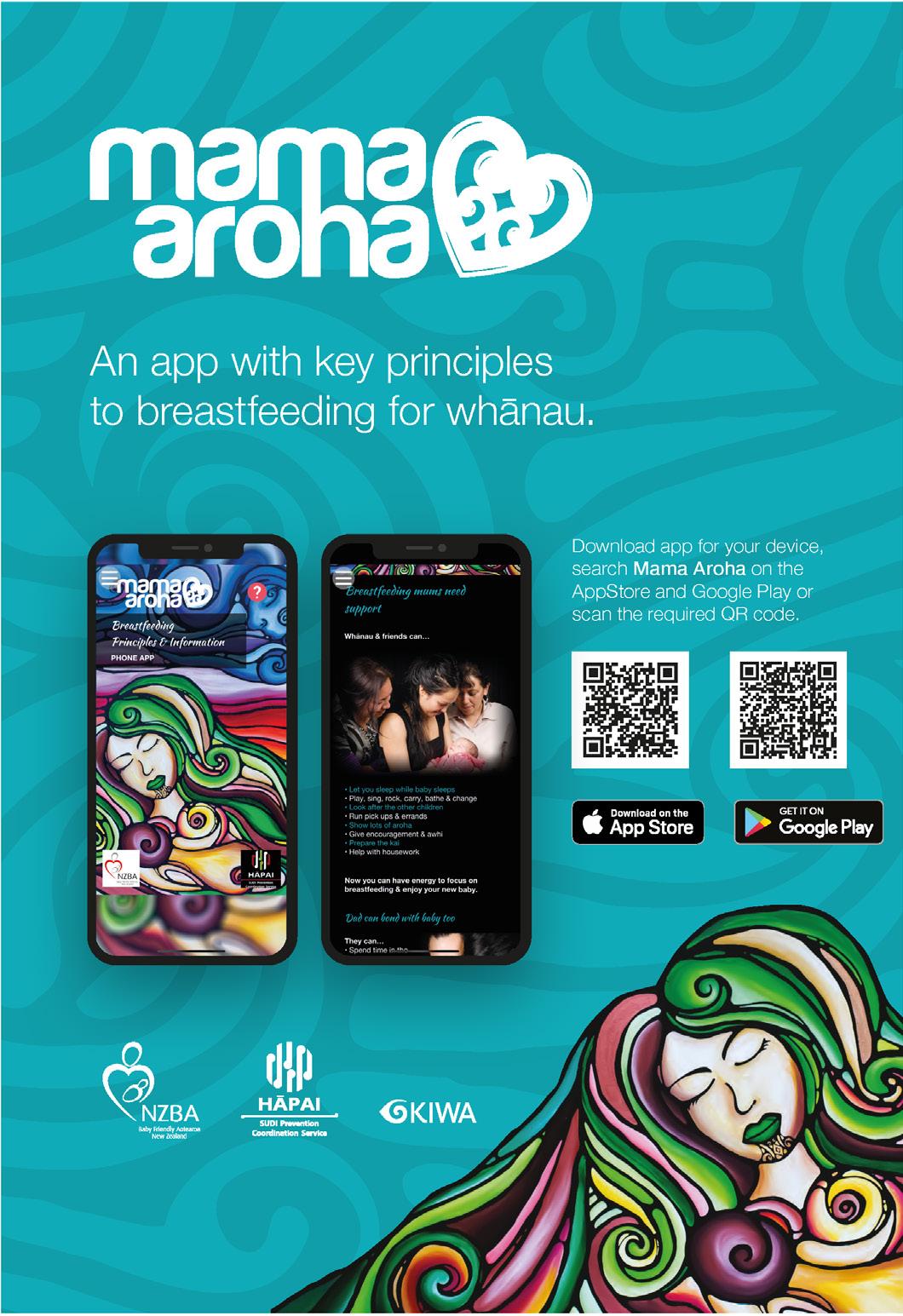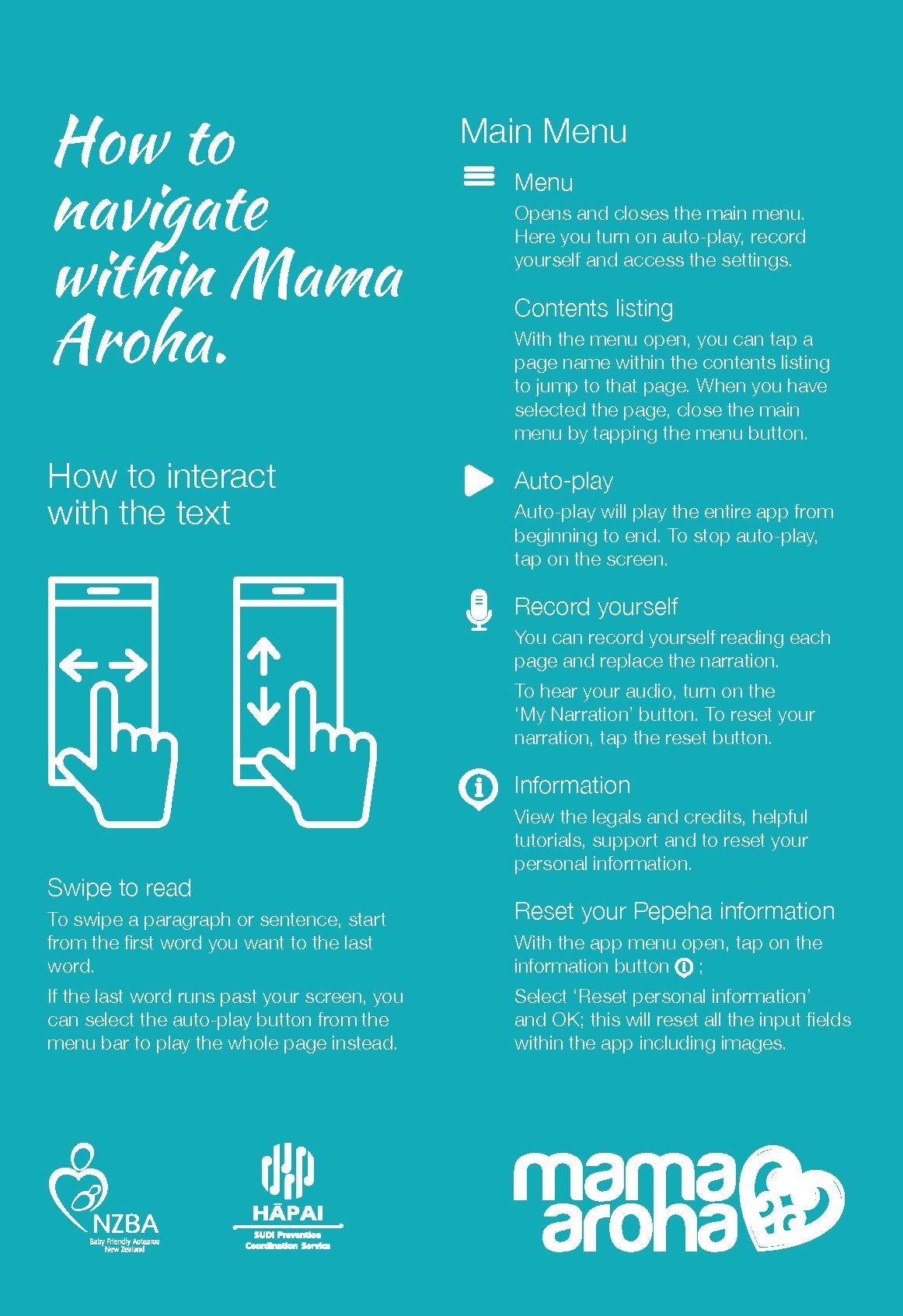
4 minute read
YOUR UNION
JILL OVENS MERAS CO-LEADER (INDUSTRIAL)
DHB-employed members celebrate MECA gains
MERAS members have seen a pay increase of $5,800, including a $4,000 “down payment” on the pay equity settlement, with more to come when we settle the pay equity claim. There is also a $6,000 pro-rated lump sum, which will come off the final settlement of the pay equity back pay.
Core midwives on Step 7 are now on $84,153 a year (a 7.4% increase) and new graduates will start on $65,022 (an increase of nearly 10%). MERAS members covered by the DHBs MECA have been backpaid to 2 August and have received a $600 lump sum payment, pro-rated for part-timers and casuals.
Those whose base salary is above $100,000 also received the pay rise from 2 August. This had been a bone of contention in light of the Government’s wage restraint requirements across the public sector.
The new MECA rates keep the 1.25% differential for midwives because of the increase MERAS won in August 2020.
Members have welcomed the new Continuing Professional Development (CPD) fund, with $1,000 put aside for every MERAS member. The fund will carry over for another year if not all has been spent. Because the money is not individualised, MERAS members can apply for more than $1,000 and a committee that includes MERAS reps will decide on the merits of each application.
MERAS members can claim reimbursement of their NZ College of Midwives membership fees from the CPD fund.
Non-union midwives are now paying a bargaining fee to contribute to the cost of negotiating the MECA. A separate ballot had to be held that included non-union midwives, and MERAS members were successful in winning the ballot in every DHB. The settlement also included:
For MERAS Membership Email: merasmembership.co.nz www.meras.midwife.org.nz 03 372 9738 • New safe staffing provisions and an independent review of CCDM (Trendcare).
• A midwifery career pathway and a dedicated gender-neutral process to evaluate new midwifery positions.
• Inclusion of the MERAS Rostering Guidelines and new meal and rest break provisions.
• New employees to be introduced to the MERAS workplace reps when they start.
• Coverage of maternity care assistants who are midwifery students working in a housekeeping role, giving them the opportunity to earn money while they are studying for their degree.
• The development of a policy to ensure flight midwives are looked after by the receiving DHB following a survey conducted by MERAS and the College last year.
• Better support around sentinel/adverse events, including paid special leave if needed (this won’t come off members’ sick leave entitlement).
• MERAS to work with midwifery leaders on flexible work arrangements, including working from home where appropriate.
• Sick leave will not be pro-rated and all 10 days will be paid at relevant daily pay.
• ACC top-up for injuries sustained through workplace assaults (won’t come off sick leave).
• Whāngai recognised in parental leave.
• Designated senior midwives to be paid overtime for coming in to respond to VRM after hours.
• Encouragement for DHBs to have a designated senior midwife on all shifts and wards in secondary and tertiary units.
MIDWIFERY PAY EQUITY NEGOTIATIONS UNDERWAY Negotiations between the DHBs and the unions (MERAS and NZNO) to settle the midwifery pay equity claim for DHBemployed midwives are underway and are on track to be concluded before Christmas.
MERAS reps on the negotiating team are Jill Ovens, Caroline Conroy, Karen Gray, Victoria Christian (NRC chair) and Michelle Archer (NRC deputy chair).
It has already been established, based on interviews and comparative remuneration data gathered through the pay equity process, that midwives are undervalued and underpaid.
It is acknowledged by the DHBs that this can be attributed to discrimination because midwifery is a women-dominated profession and because midwives’ pay has been influenced by perceptions of the value of ‘women’s work’.
The negotiations are to agree on the extent of the undervaluation and may result in a different salary structure. The pay adjustments could also be delivered in instalments.
Both the MERAS and NZNO MECAs stipulate that any settlement is to be backdated to 31 December 2019.
The negotiations are being held by Zoom because several of the team are from Auckland and not able to travel.
Pay equity settlements need to be renewed to maintain pay equity. Part of what we are negotiating is the question of when the current settlement will be renegotiated. This could coincide with the renewal of the two unions’ MECAs (from October 2022 to April 2023).
Once we have agreement with the DHBs on the pay equity claim, DHB-employed midwives (including MERAS, NZNO and non-union midwives) will vote on the settlement. MERAS will then initiate a claim with non-DHB maternity units to cover other employed midwives. square
Pay equity negotiations in a Covid world - Top Left to Right: Kevin Jenkins (Crown observer), Jill Ovens (MERAS), Lesley Harry (NZNO), Jenny Downes (DHBs). Middle Left to Right: Michelle Archer (MERAS), Dee (Ministry of Health), Caroline Conroy (MERAS), Karen Gray (MERAS). Bottom Left to Right: Glenda Alexander (NZNO), Jane Douglas (DHBs), Victoria Christian (MERAS), Joanna Ramsay (NZNO).








